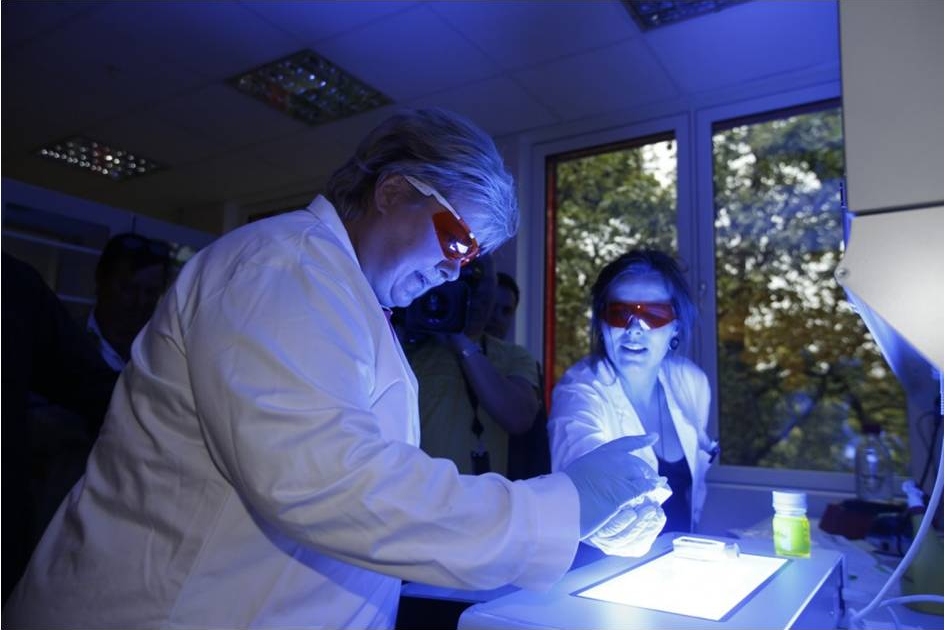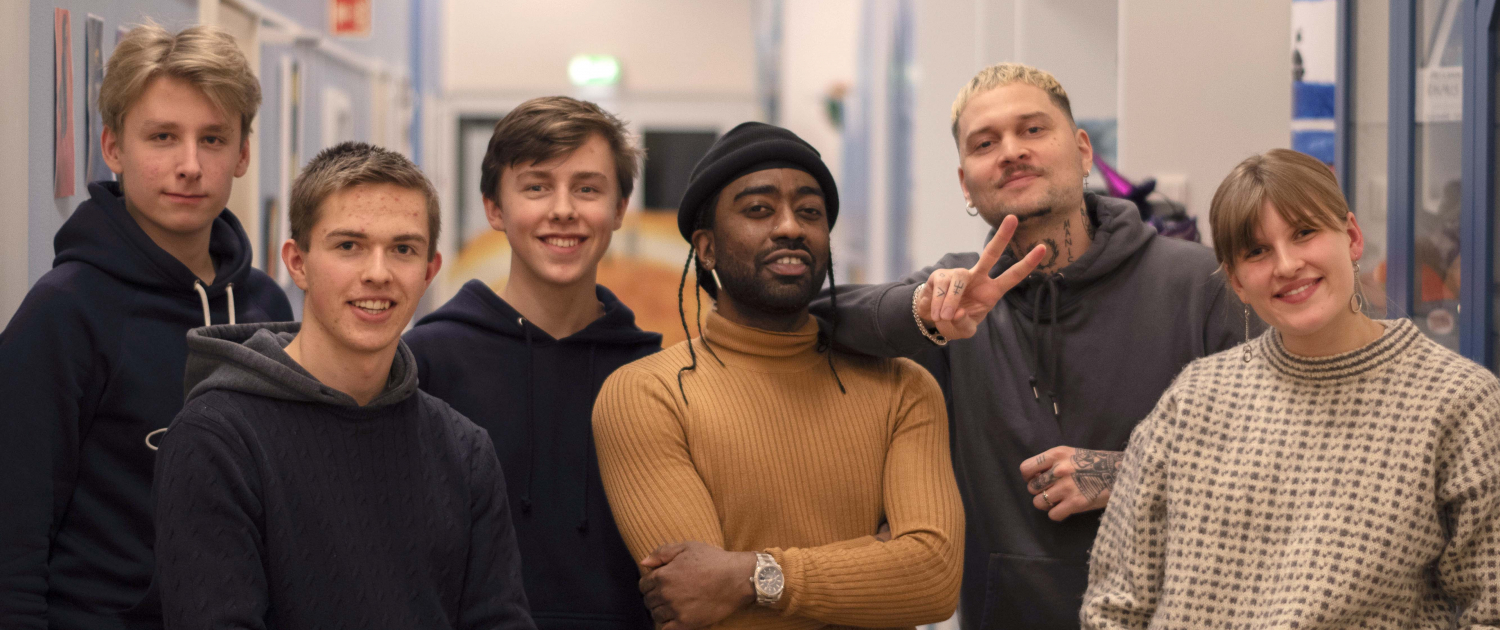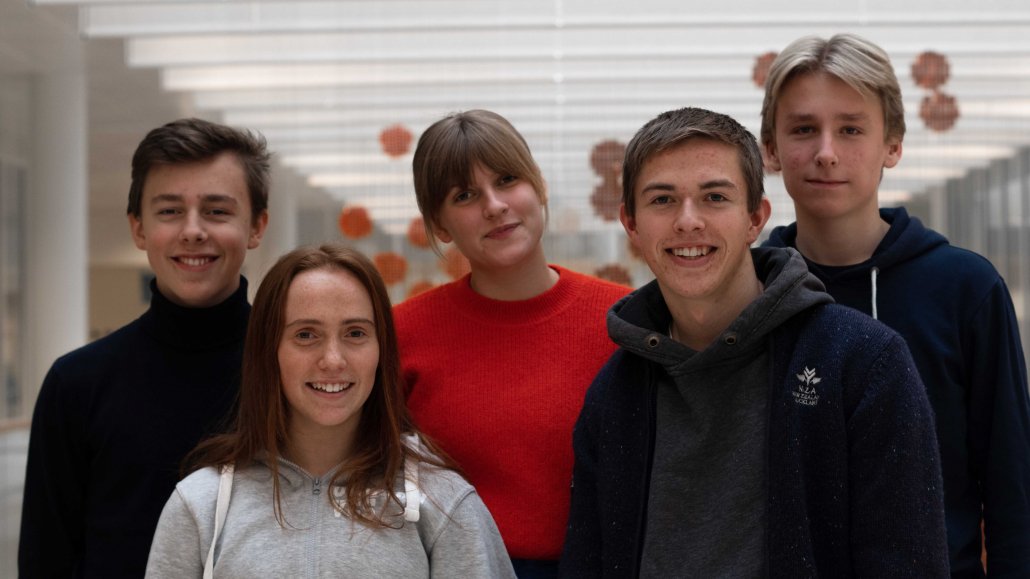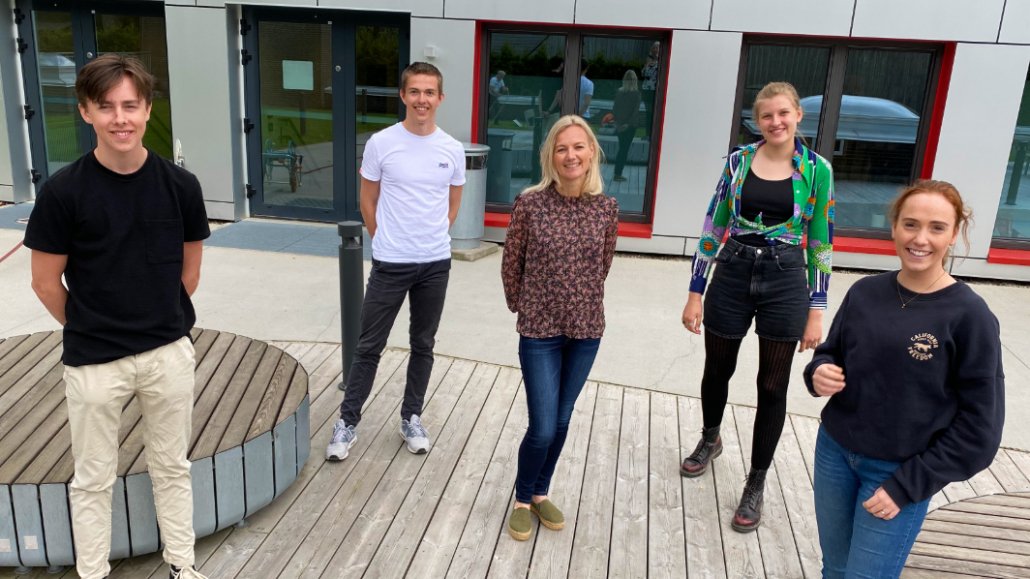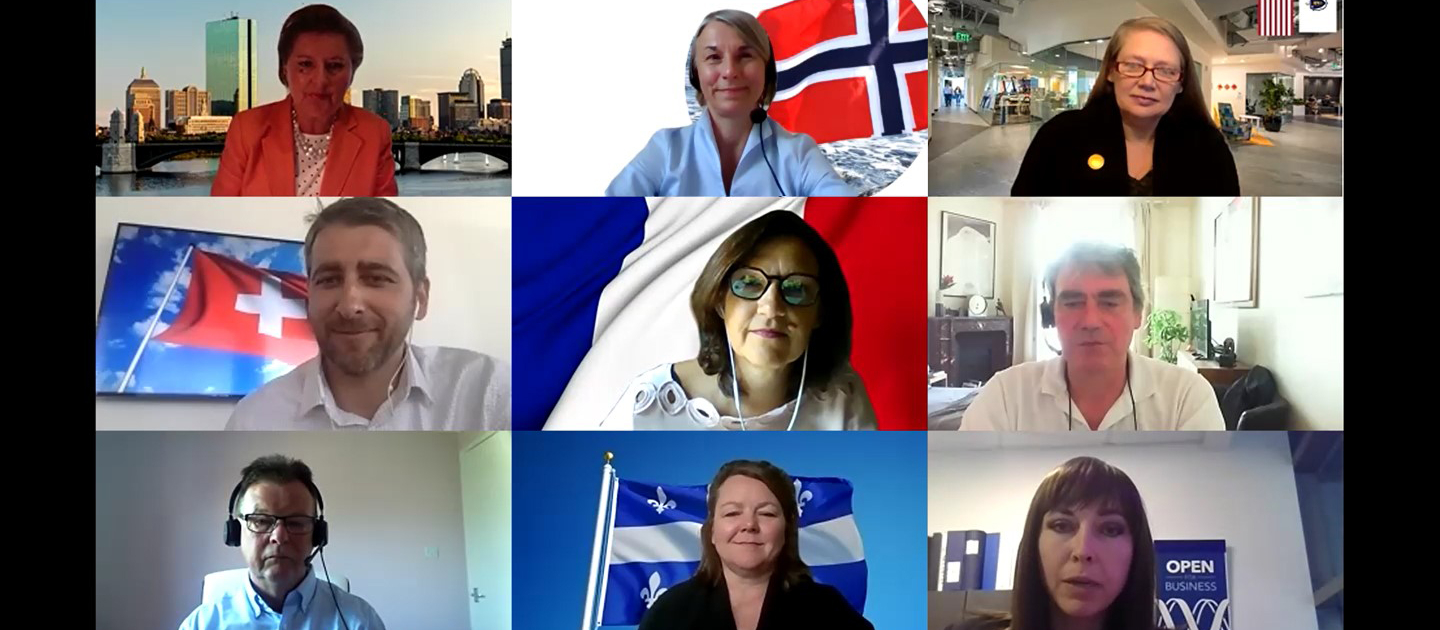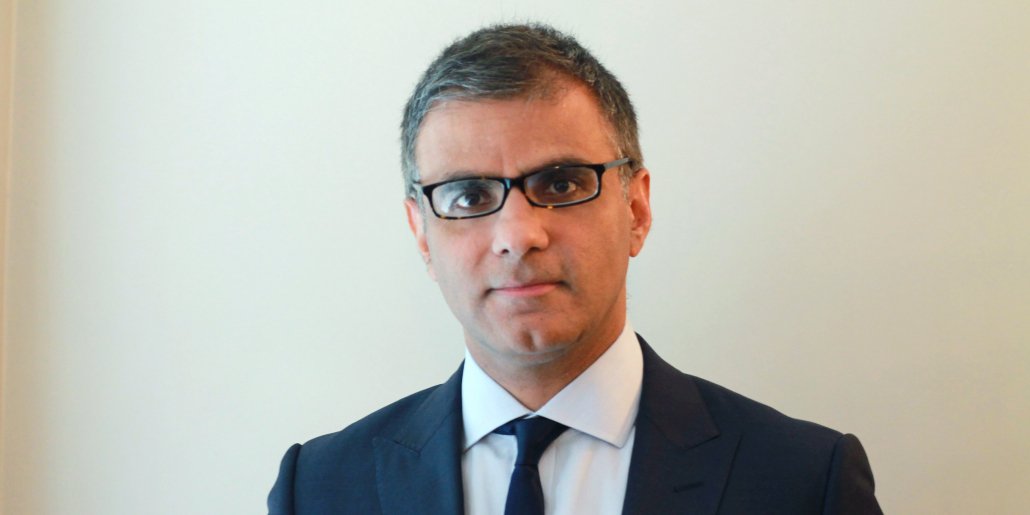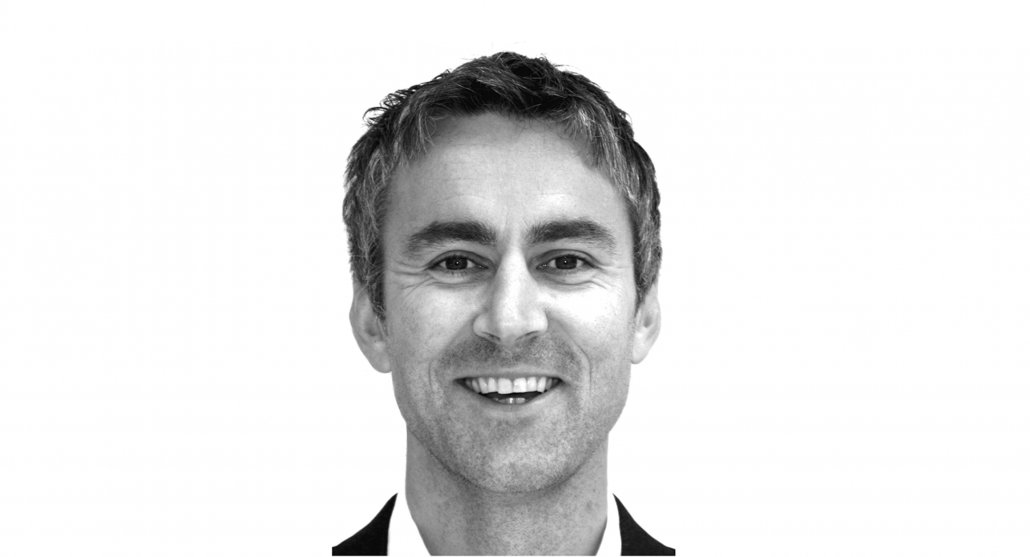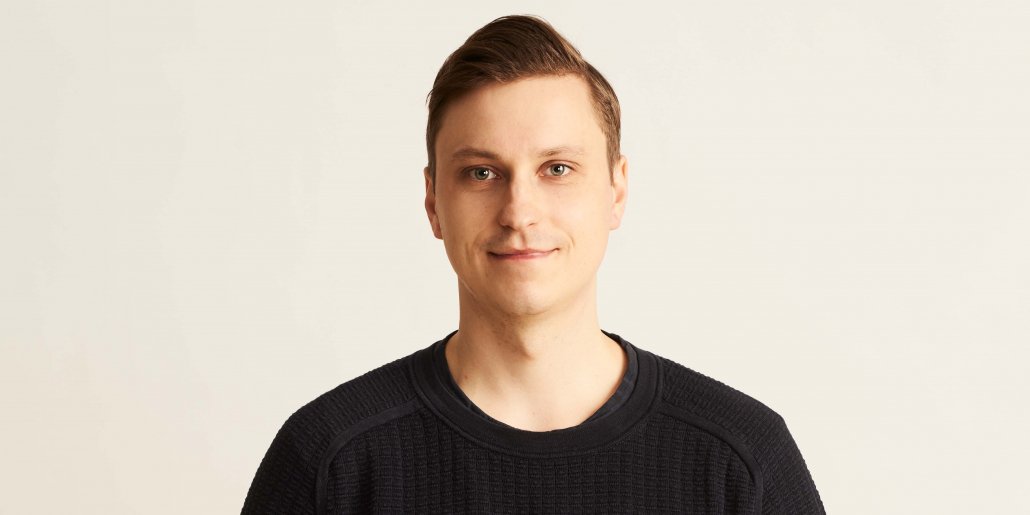Targovax releases 12-month clinical data
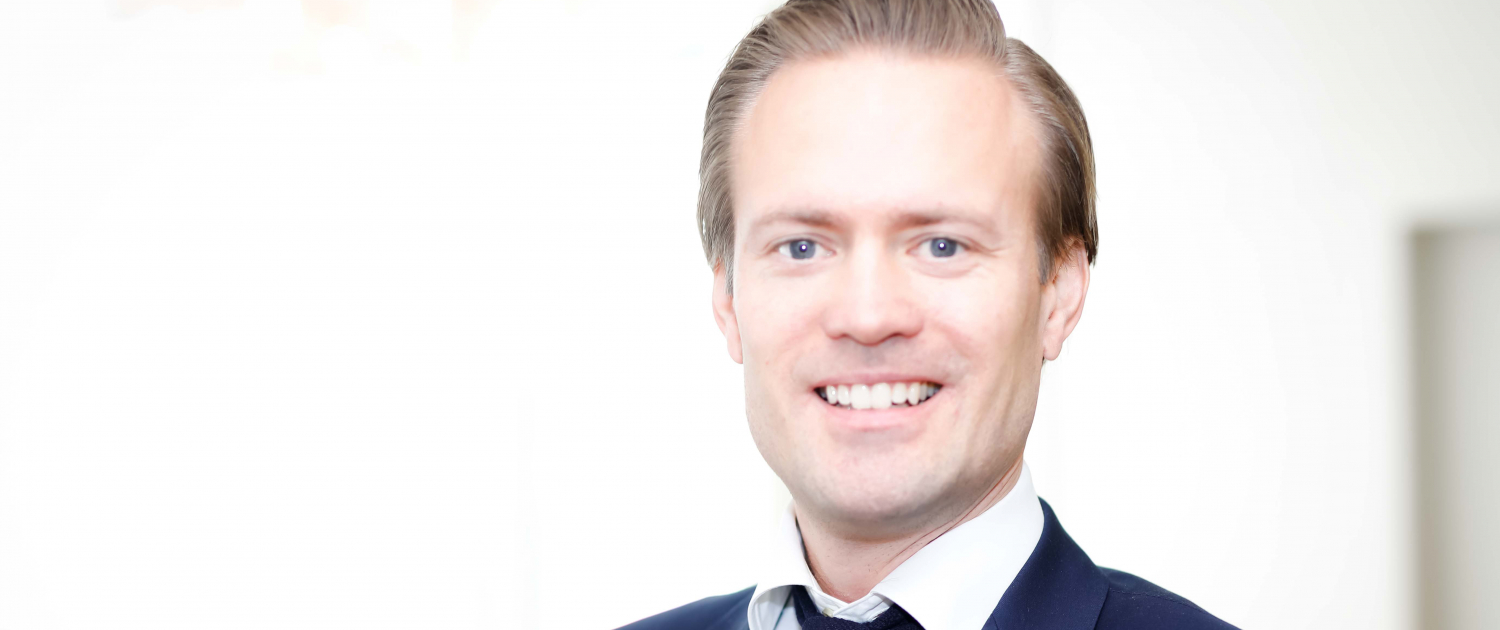
Our member Targovax has released 12-month data from the company’s clinical study of the oncolytic virus ONCOS-102 in patients with malignant pleural mesothelioma.
Targovax is a member of Oslo Cancer Cluster that develops oncolytic viruses to treat solid cancer tumours. The company’s lead product is called ONCOS-102 and has been engineered to selectively infect cancer cells and activate the immune system to fight cancer.
An oncolytic virus is a virus that preferentially infects and kills cancer cells.
The oncolytic virus ONCOS-102 is currently being tested in a phase I/II clinical trial with the aim to establish its safety and efficacy. ONCOS-102 is tested in combination with the standard-of-care chemotherapy on patients with mesothelioma.
The company released 12-month data from the clinical trial this week, which powerfully demonstrate a broad immune activation linked to clinical benefit.
Watch the presentation with Magnus Jäderberg, Chief Medical Officer at Targovax:
What is mesothelioma?
Malignant mesothelioma is a type of cancer that occurs in the thin layer of tissue that covers the majority of your internal organs (mesothelium). Mesothelioma is an aggressive and deadly form of cancer.
Mesothelioma is a difficult cancer disease to diagnose and treat. Only 10% of all patients are eligible for surgery. Many of the remaining patients receive chemotherapy. Radiotherapy may be used in some cases for palliative reasons. There have been no new break-through treatments with any significant impact during the last 15 years.
Immunotherapy has started to make an inroad on the disease. There are a couple of checkpoint inhibitor trials for patients with second-line disease. For patients with first-line disease, there are currently no immunotherapy options.
Checkpoint inhibitor therapy is a form of cancer immunotherapy, a type of therapy that uses substances to stimulate or suppress the immune system to help the body fight cancer.
The 12-month data
Targovax has presented data from the company’s phase I/II trial focusing on safety on combining ONCOS-102 with chemotherapy. They have looked at both first-line and second-line patients being treated with standard-of-care chemotherapy in combination with ONCOS-12.
The study includes a control group of 11 patients who have received chemotherapy only and an experimental group of 14 patients who received the combination of chemotherapy and ONCOS-102.
The 12-month results show that ONCOS-102 drives broad and powerful immune activation across key parameters, including innate immune responses, adaptive immune responses and remodelling of the tumour microenvironment.
The tumor microenvironment has profound impacts on cancer progression and remodelling of the tumour microenvironment has emerged as a strategy to facilitate cancer therapy.
The analysed genes show that there is a clear difference in ONCOS-102-induced immune activation compared to chemotherapy only. The genes also show there is a clear association between the powerful immune activation and improved clinical outcome.
The data shows that ONCOS-102 drives the infiltration of CD8+ T cells into the tumour, which is associated with better outcomes.
Targovax now plans to continue the clinical study for first-line patients. The company sees a strong rationale for combining ONCOS-102 with checkpoint inhibitor and standard-of-care chemotherapy.
On Tuesday, Targovax also revealed they will collaborate with our member pharmaceutical company MSD (known as Merck in the US) to evaluate the immunotherapy drug Keytruda in combination with ONCOS-102.

